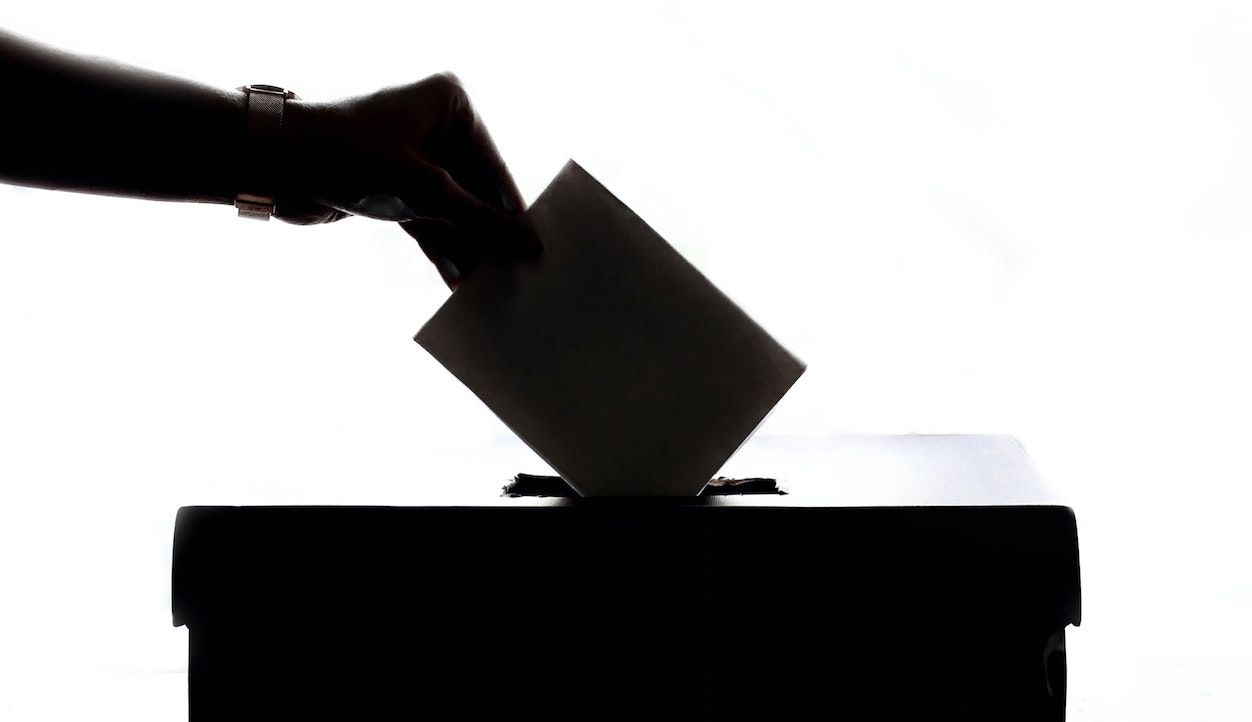KAUKAUNA — Voters will find three referendum questions on their ballot for the April 3, general election, but there is always more to consider than what appears.
The three questions are:
- Conditions of release before conviction. Shall section 8 (2) of article I of the constitution be amended to allow a court to impose on an accused person being released before conviction conditions that are designed to protect the community from serious harm?
- Cash bail before conviction. Shall section 8 (2) of article I of the constitution be amended to allow a court to impose cash bail on a person accused of a violent crime based on the totality of the circumstances, including the accused’s previous convictions for a violent crime, the probability that the accused will fail to appear, the need to protect the community from serious harm and prevent witness intimidation, and potential affinitive defenses?
- Shall able-bodied, childless adults be required to look for work in order to receive taxpayer-funded welfare benefits?
Lets begin with the third question, which was placed on the ballot by a vote of the Republican controlled legislature.
The question is advisory only, but referendums on issues popular with one party or the other tend to drive their supporters to the polls.
That’s important for Republicans, because the state supreme court race also on the ballot will determine the balance of power on the court.
State law already requires unemployment applicants to provide proof of at least four “work search actions” each week to receive benefits, so the question is unnecessary, Democrats say.
Republicans say that doesn’t apply to Medicaid recipients, however many on Medicaid are medically disabled so it’s hard to know how many people would be affected.
The other two questions are more impactful, because they could change the state’s constitution.
The Legislature passed the amendment in the previous session as well. State law requires the Legislature to approve a proposed constitutional amendment in two consecutive sessions before putting it on the ballot for voters to ratify.
The question is a way to work around the governor who cannot veto a constitutional amendment, so expect more of these efforts in the future because of Wisconsin’s divided government.
Democrats remain concerned that wealthy defendants will simply be able to buy their way out until their trial, while poor defendants will remain jailed despite not being convicted.
Early voting begins Tuesday, March 21, 2023. READ MORE
.
.



